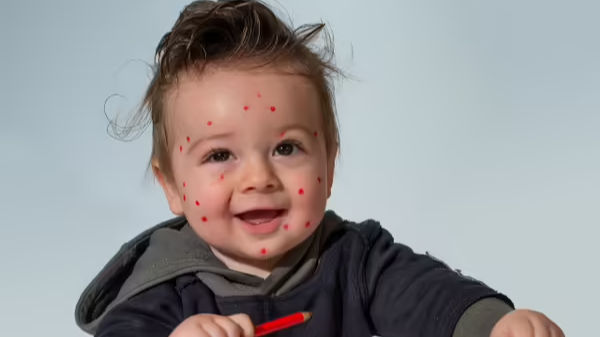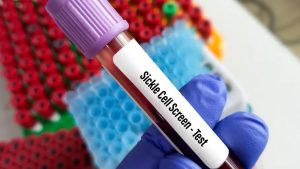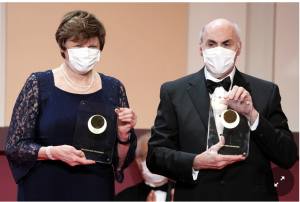Google devoted a unique graphic doodle to Dr Michiaki Takahashi, who initially discovered the chickenpox vaccine on the 94th birthday of the Japanese virologist, designed by guest artist Tatsuro Kiuchi.
On this occasion, let us learn more about infectious infections, including symptoms, causes, risk factors, prevention, and treatment.
Also Read | China gives conditional approval for Pfizer COVID pill Paxlovid
What exactly is it, and what causes it?
Chickenpox is an illness caused by the varicella-zoster virus, according to Mayoclinic.org. When a person with chickenpox coughs or sneezes and inhale the air droplets, it might spread. It appears as a scaly rash with tiny, fluid-filled blisters. It is thought to be very infectious to persons who have never had the sickness or have not been immunised against it. “It causes an itchy skin rash known as a pleomorphic rash (which includes all stages of rash such as macular papules and vesicles) in adults and children.” “These rashes would appear all over the body, with the exception of the arms and legs, which are less impacted,” said Dr Vikrant Shah, consultant physician, intensivist, and infectious disease expert at Zen Multispeciality Hospital Chembur.
Also Read | WHO adds arthritis drug to COVID medicines list for severe cases
Itchy blister rashes caused by chickenpox infection emerge 10 to 21 days after virus contact and typically persist five to ten days. Rashes, fever, sore throat, abdominal pain, blisters with liquid, weariness, itching, pain, burning of the skin, low appetite, blotchy skin, and headache are all red signs, according to Dr Shah.
Risk concerns
The condition is often mild in healthy youngsters, according to mayoclinic.org. The rash can cover the entire body in extreme instances, and lesions can occur in the mouth, eyes, and mucous membranes of the urethra, anus, and vagina.
What should you do if you become infected?
Also Read | Calcium deficiency: Required intake, early signs and how to prevent
“You should not postpone therapy once you discover the symptoms,” Dr Shah recommended. Patients with chickenpox can assist avoid transmission by quarantining themselves at home until all blisters have dried and crusted over, according to Dr Dilip Gude, consultant physician at Yashoda Hospitals in Hyderabad.
Treatment
There is a vaccination available to protect youngsters from chickenpox. Antiviral medications, according to Dr Shah, can aid patients suffering from chickenpox. You must be adequately hydrated. It is dangerous to self-medicate. Dr Gude believes that medications such as Acyclovir, Famciclovir, and Valacyclovir should be begun as soon as feasible to reduce viral replication. Topical Acyclovir may also be beneficial. Analgesics and antihistaminics may also be administered to relieve discomfort and itching.
Also Read | New ‘highly virulent’ HIV strain found; here is why you need not worry
Prevention
According to Dr Gude, the best approach to avoid chickenpox is to acquire the Varicella vaccination, which is completely safe. “Those who receive the chickenpox vaccination will not develop the disease.” And if kids catch chickenpox, the symptoms would be minor,” Dr Shah explained.
Precautions
Dr Shah advises using a cold compress and bathing in lukewarm water. “Do not scrub or scrape the body too hard; use lotions or creams as directed by your doctor; prevent scratching; and do not pop blisters.” If you have chickenpox in your mouth, eat bland meals, drink plenty of water to minimise dehydration, and dress comfortably.”







